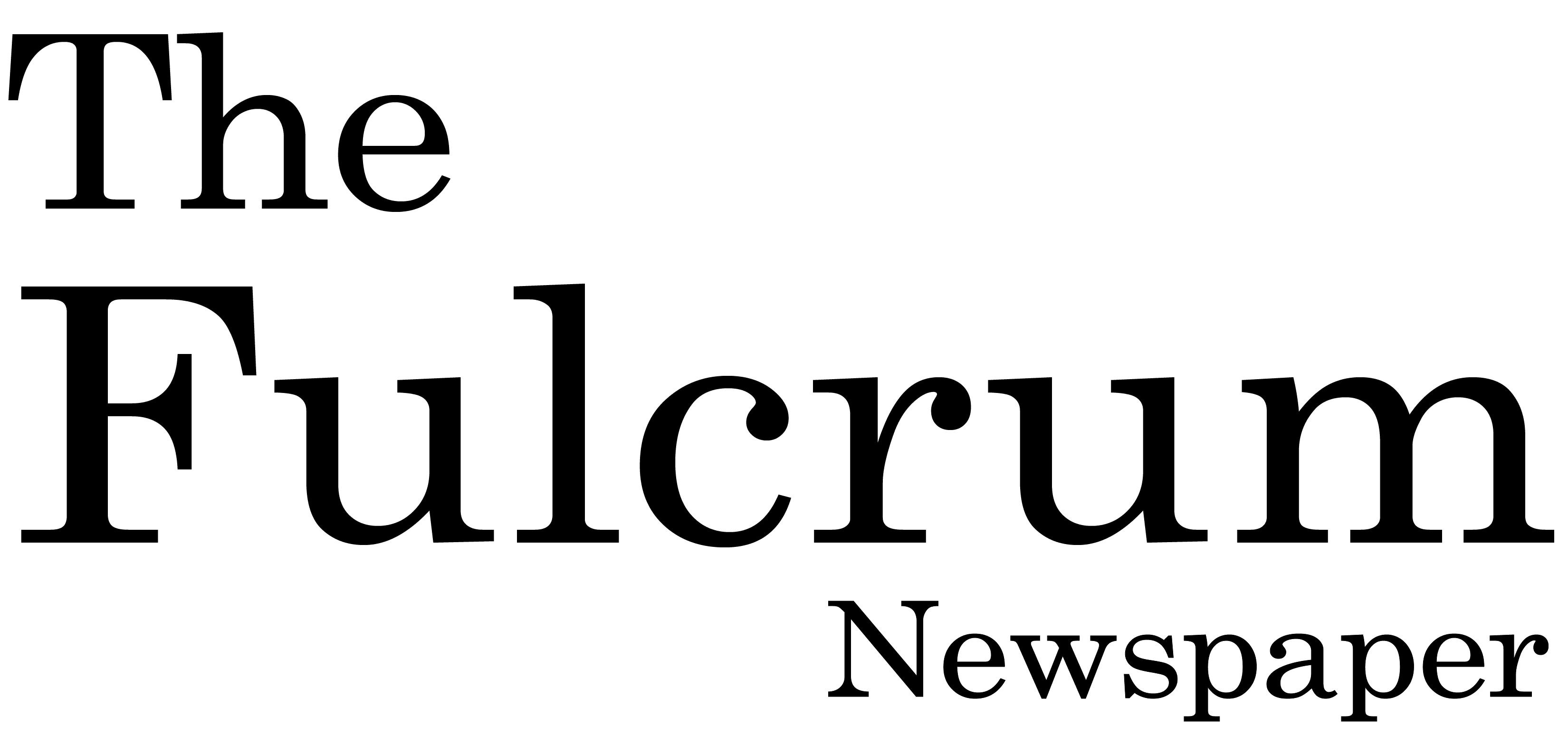 This fall, SUNY Broome music students will gain a hands-on understanding of music theory, thanks to new technology that will allow them to hear music as they write it.
This fall, SUNY Broome music students will gain a hands-on understanding of music theory, thanks to new technology that will allow them to hear music as they write it.
SUNY’s Innovative Instruction Technology Grant program awarded the college needed funds to pilot a “Music and Technology in the Community College Music Theory Classroom” project. The grant will be used to purchase Surface Pro tablets with the StaffPad app for use in the college’s music theory classes. The program will help students understand complex concepts more quickly, promote creativity and intuitive learning, and allow students the opportunity to take their learning into the digital world.
Instructor Heather Worden is the driving force behind the project, which she first presented to Music Coordinator Brenda Dawe three years ago. The grant ultimately made the project possible, Professor Dawe said.
“When I first saw the StaffPad musical software, I knew I wanted to incorporate it into the curriculum. The problem was finding the money to make it happen,” Worden said. “Being awarded the IITG grant and making the idea of technology in the music theory classroom a reality is huge for the music program.”
Students using the tablets will be able to write compositions, which they will then be able to immediately hear. This will allow them to master concepts key to music and become more adept at differentiating between correct and incorrect notes, chords and intervals, all while building their strength as composers.
When Dawe was in college, she remembered writing compositions and then testing them out on a piano to see if they work. Not every student, however, is an adept piano player, or has access to an instrument, she noted.
“This bridges the gap between people with music playing skills and access to a piano and those who don’t,” she said. “It’s so exciting, especially the fact that SUNY Broome is ahead of curve with this.”
More than 100 students are in the college’s Music Program and will use the tablets in core courses. Once the project is established, Worden plans to present her findings and resulting best practices at academic conferences for both collegiate and public school music educators.
“It’s no secret that technology plays a huge role in our day to day lives, so it’s not a surprise that teachers are finding it to be an asset in the classroom. Many public high schools have been using software on laptops or tablets for students, now we will be joining them, just with music software,” Worden reflected. “Being able to hear and see the music as it is being written will make composing quicker and easier to understand. Before, students would write solely on staff paper with pencil and only afterwards hear their composition. Now that they will be able to hear as they write, making changes as they go, and improving not only their musical ears, but their understanding of music composition.”

